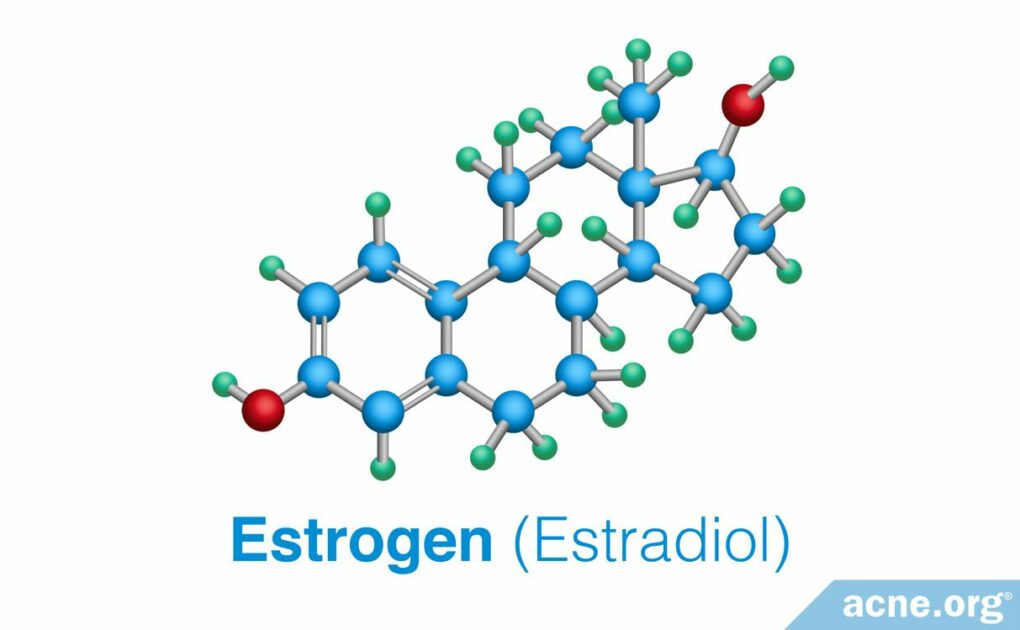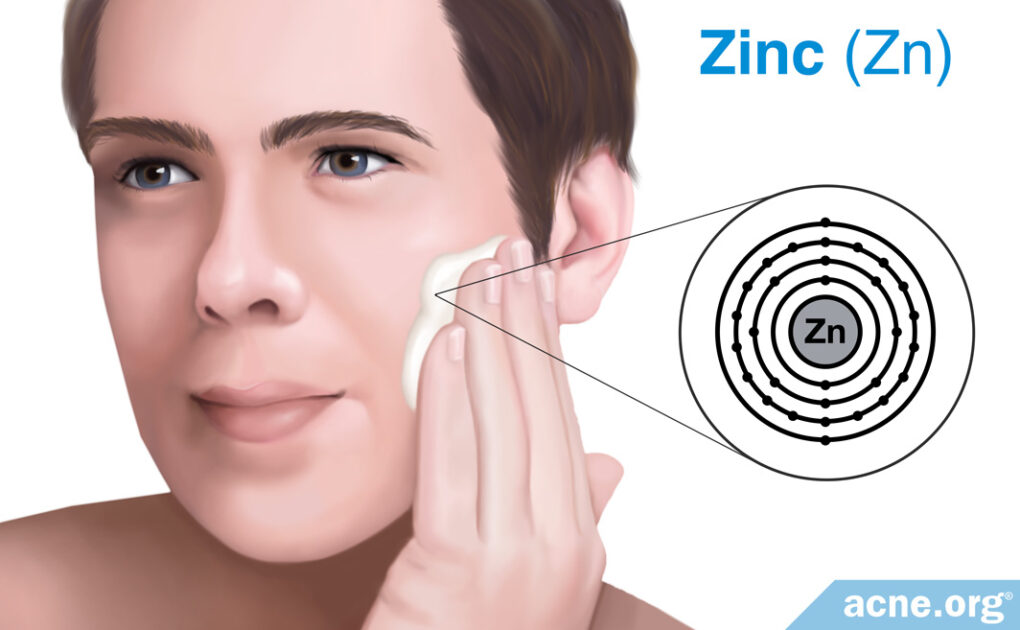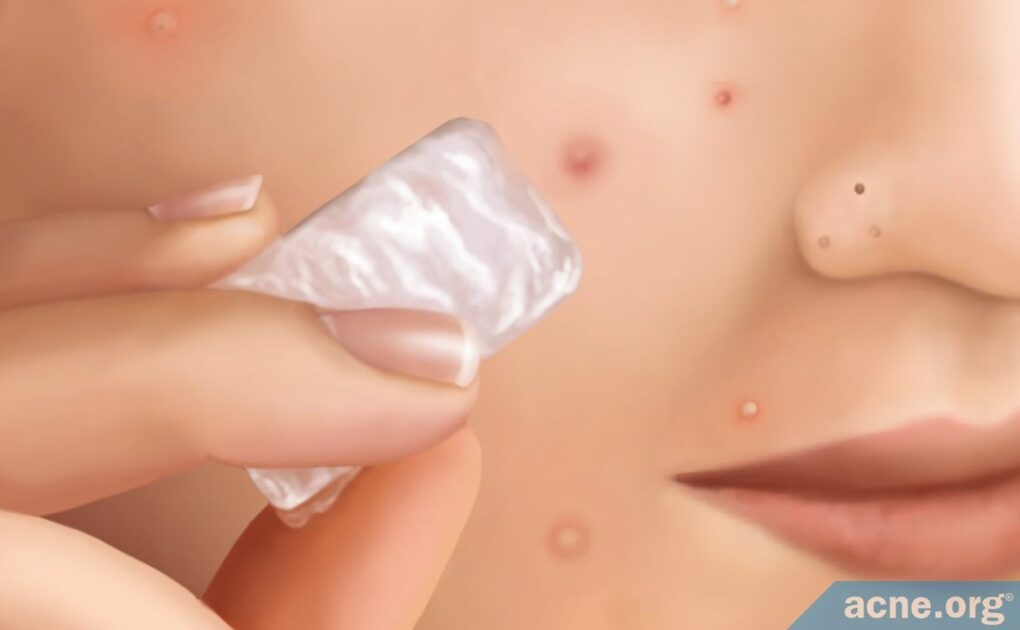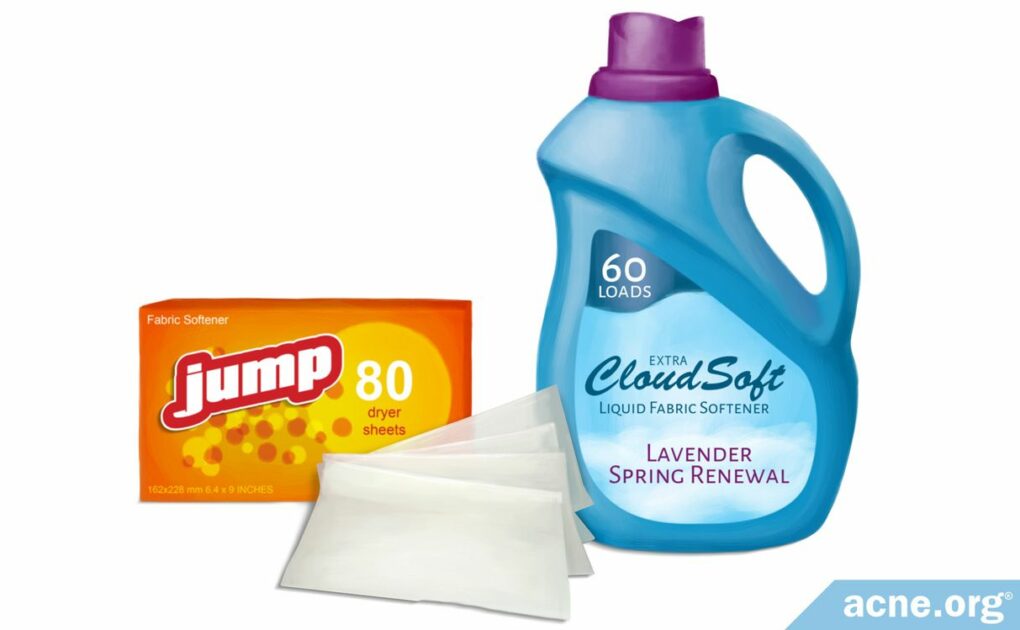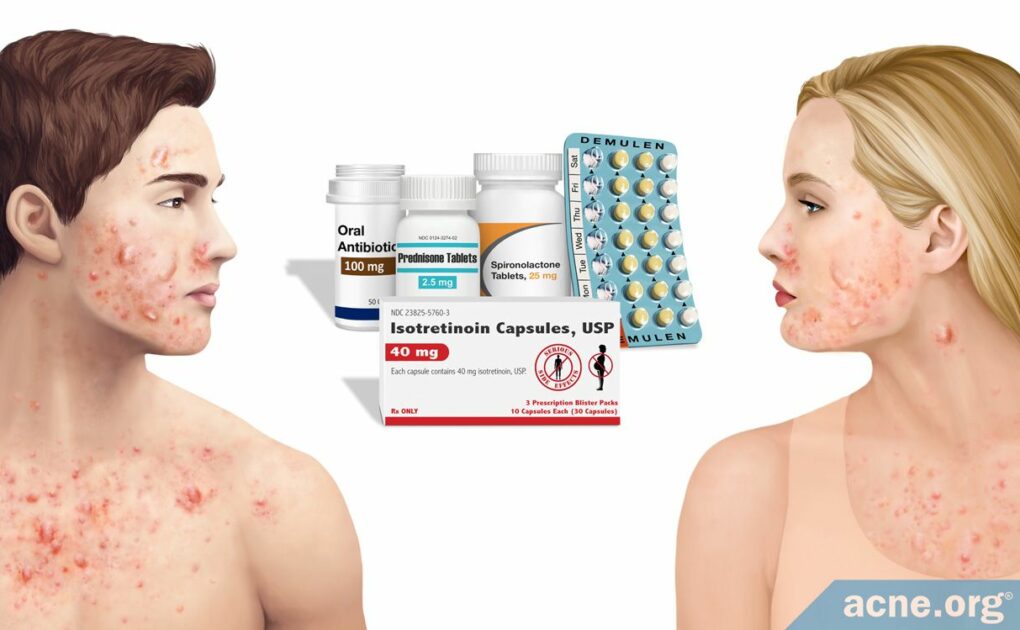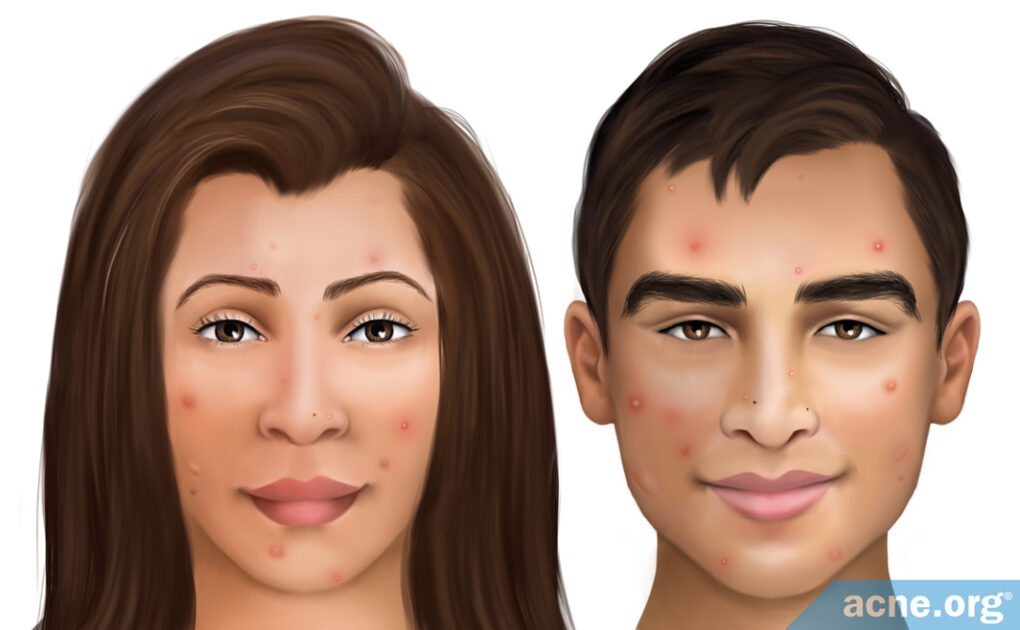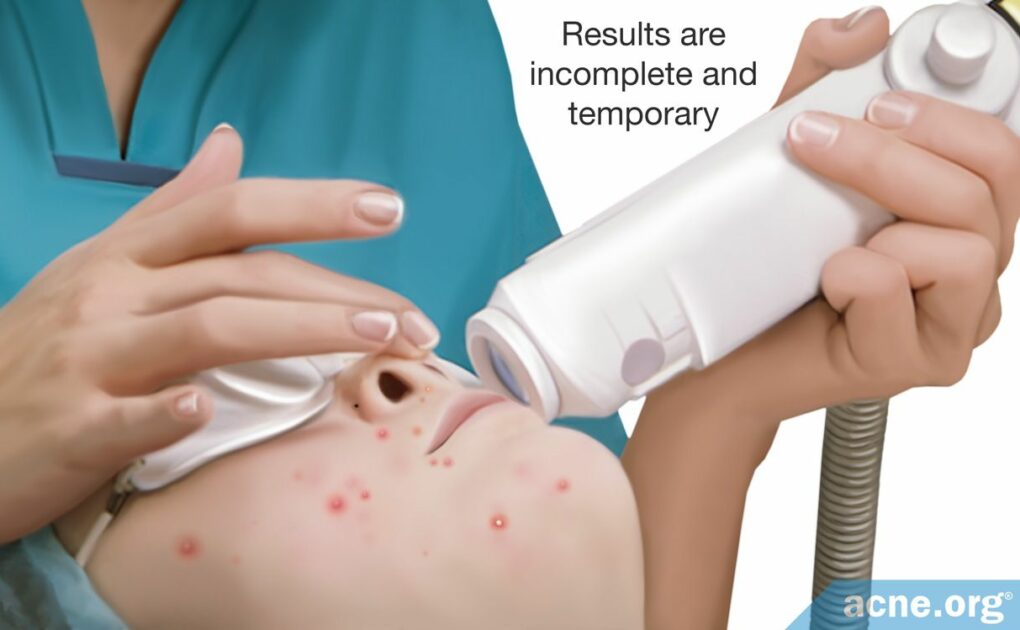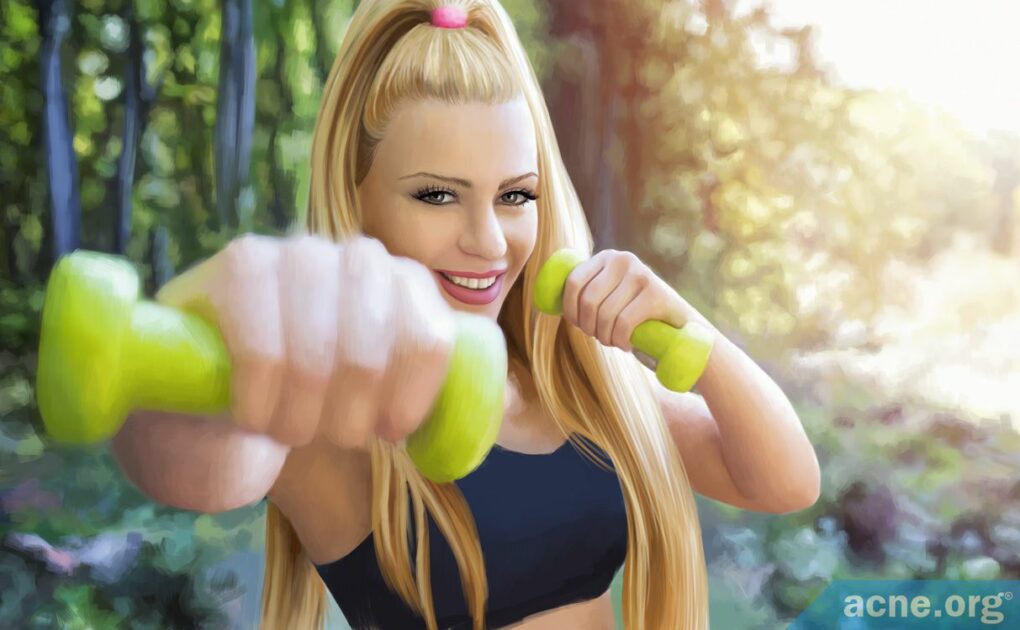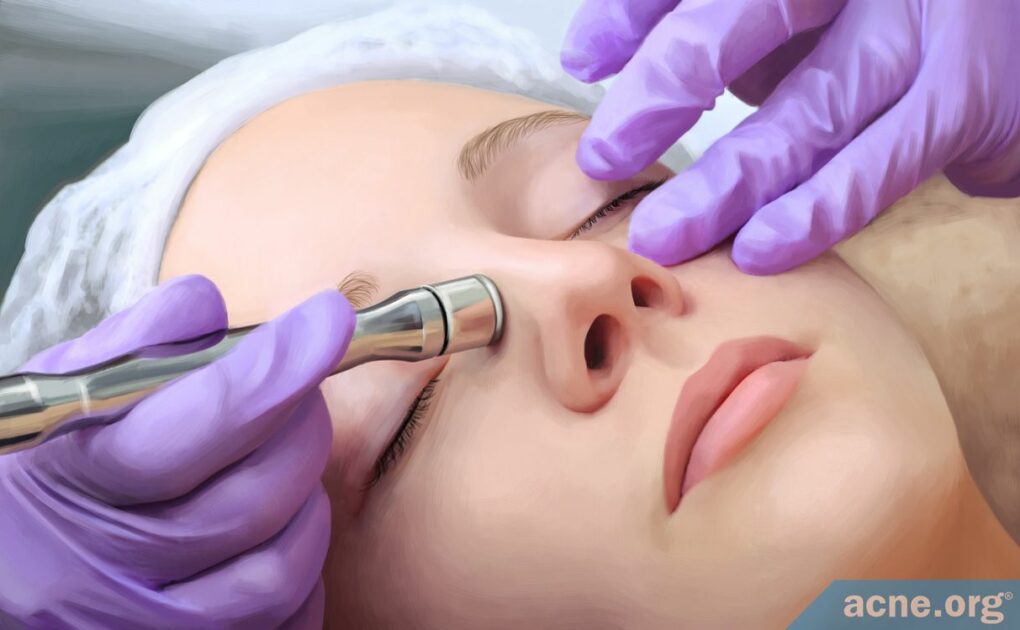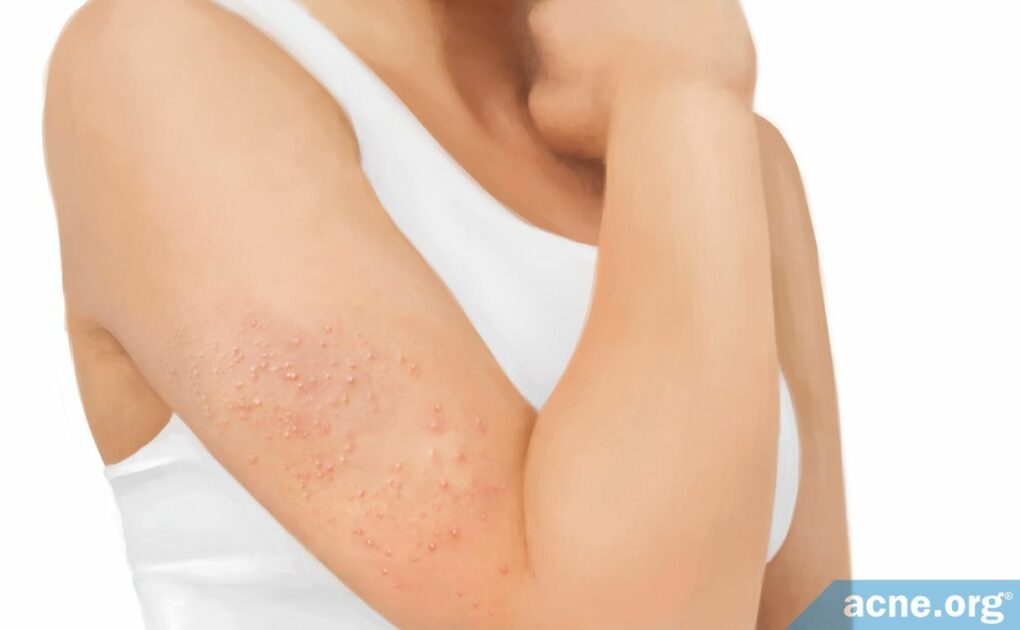The Role of Estrogen in Acne
In Both Males and Females, Estrogens Improve Acne by Decreasing the Production of Skin Oil The Essential Info Both males and females produce female hormones called estrogens. Estrogens counteract the effects of male hormones in the body, thereby decreasing the production of skin oil and reducing acne. To put it simply, male hormones tend to …
 Acne.org Products
Acne.org Products